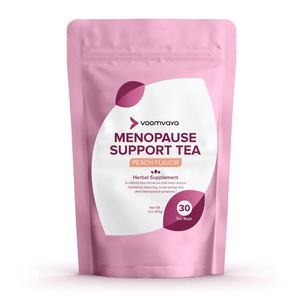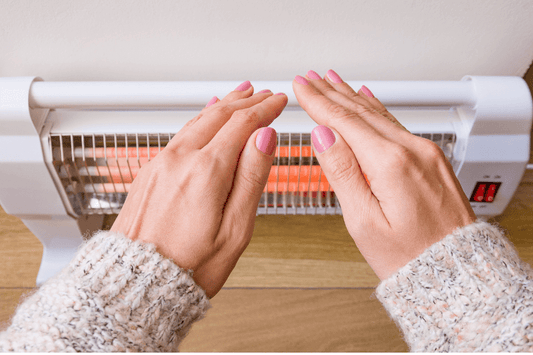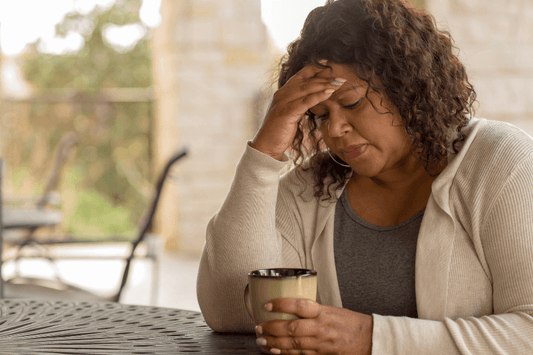Wendy Asks...

Hi Wendy,
Hair loss can be a very scary thing to experience. While it’s common in women, it’s almost never discussed. We often see our hair as a marker of not only our femininity but our overall health and when it starts to change it feels like a very visible and very unwelcome shift.
Estrogen and progesterone are key players in determining how much hair grows, and how quickly and during menopause these levels start to change, which is why we see hair loss during this time fairly often.
During menopause, women may also see changes in their androgen levels (testosterone), which can result in changes to the hair follicles, also resulting in hair loss. So what should you be focusing on to help prevent hair loss during this time?
Hormonal Regulation
There are a number of herbs that can be used to help regulate your hormone levels and balance your estrogen, progesterone, and testosterone. For targeted hormone regulation it’s important to talk to your health care provider to see where your hormone levels are at so you can be as targeted as possible in your approach.

-
Herbs
Sage, black cohosh, hops, and red clover are all fantastic herbs that can help balance estrogen, as well as improve a number of common symptoms women experience during menopause.
Nutrient deficiencies
This is a significant problem in our population as a whole and menopausal women are no exception! Hair loss resulting from nutrient deficiencies often shows as diffuse hair loss all over the scalp (the same pattern we see in hormonally-driven hair loss).

- Multivitamin A good multivitamin is important to consider as hair loss is affected by low levels of vitamins A, C, D, E, as well as calcium, magnesium and potassium. However, the most important deficiency with hair loss is iron! So start by getting your iron status checked by your healthcare provider.
Chronic Stress
Stress affects our hair growth because it disrupts cortisol. High cortisol has been shown to reduce proteoglycans and hyluronan which are both needed for growing and maintaining our hair. Additionally, chronically high cortisol results in insulin resistance. Over time insulin resistance raises androgen levels and causes hormone dysregulation in women.

-
Stress management
This looks different for everyone but a few ways to start managing stress include: meditation (start with a simple breathing exercise - inhale for 4 counts, hold your breath for 4 counts, exhale for 4 counts, hold your breath for 4 counts), exercise (some women find yoga more calming while other women prefer more aerobic activity)
-
Sleep Support
Good sleep is one of the most important considerations for helping to reduce stress and Melatonin is a wonderful consideration. It not only supports sleep but is one of the master hormone regulators in our body! Melatonin has been shown to improve sleep, support menopausal symptoms such as hot flashes, and help with weight management
The best thing you can do for hair loss is to prevent further loss so being proactive is a fantastic step to slowing this down and helping to support healthy, strong hair growth!
In support of your health, Dr. Clarence, ND





